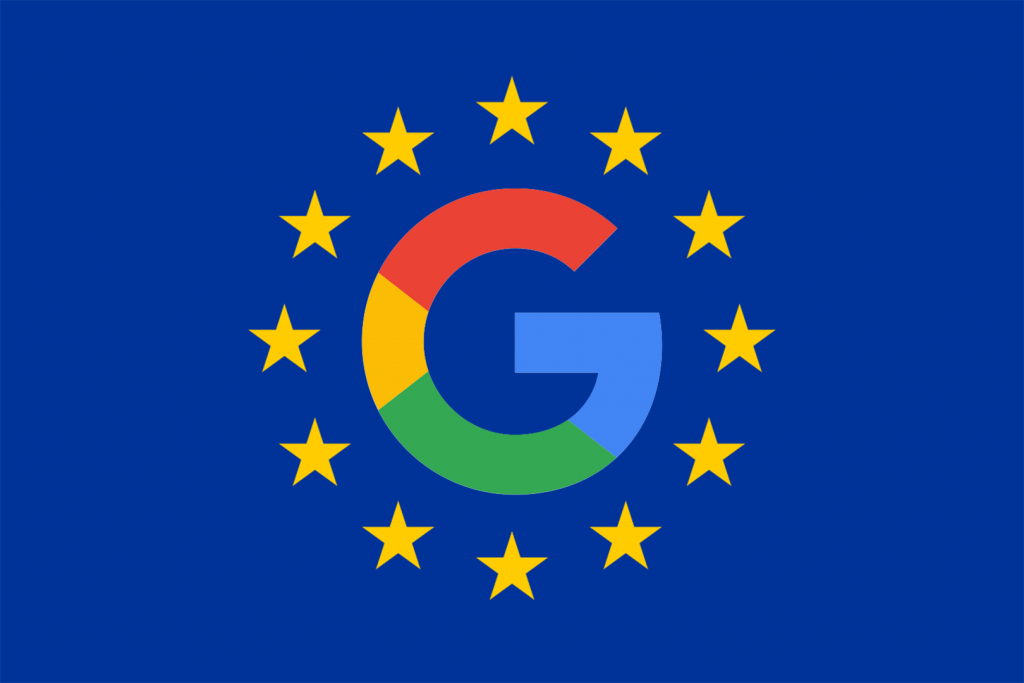The European Commission hit Google with a record $5 billion fine last year, stating that its Android OS was anti-competitive with its pre-packed Chrome browser. In an effort to combat these claims, Google will now make more of an effort to ensure European users know that there are other options when setting up their mobile devices.
Margrethe Vestager, Europe’s competition commissioner, had initially criticised Android for being a closed platform, as Google was forcing manufacturers to adopt both Chrome and Search in order to gain access to the Play Store. Google disagreed with this statement, appealing the fine a few months later on the basis that Android has never locked users down and has, in fact, “created more choice for everyone, not less.”
It seems as though this appeal has all but fallen through, as SVP of global affairs Kent Walker has explained Google’s new measures in a recent blog post. Initially, Google made it so that third-party manufacturers couldn't opt for the Play Store without also forcing its Chrome browser and Search engine onto the device, going against what it means to be open-source. Now, Google has created separate licenses for its Google Play, Chrome and Search software, enabling manufacturers to partner with Microsoft of Firefox if they so choose.
“Now we’ll also do more to ensure that Android phone owners know about the wide choice of browsers and search engines available to download to their phones,” continues Walker. “This will involve asking users of existing and new Android devices in Europe which browser and search apps they would like to use.”
The changes will arrive within the “next few months,” although it remains to be seen what browsers Google will begin advertising as alternatives. The European Commission has yet to weigh in on whether or not these changes are sufficient. If Google is found not to have done enough, it could see another fine encompassing 5 percent of Alphabet’s daily income worldwide.
KitGuru Says: The changes certainly sound enough from a layman’s perspective but we’re by no means experts and cannot tell which way the EU will swing on this one. Are you happy with Google explaining more about its competitors or do you think this is another thing that most people will breeze past during set-up?
 KitGuru KitGuru.net – Tech News | Hardware News | Hardware Reviews | IOS | Mobile | Gaming | Graphics Cards
KitGuru KitGuru.net – Tech News | Hardware News | Hardware Reviews | IOS | Mobile | Gaming | Graphics Cards



